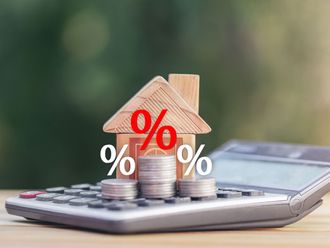Dubai: Inflation in Abu Dhabi rose to 4.7 per cent in January 2018, the highest rate in years, following the implementation of Value-Added Tax (VAT) across the country.
The rate in January compares to an average of 1.6 per cent inflation in 2017 and an average rate of 2 per cent in 2006, according to Gulf News calculations.
It comes as the UAE rolled out VAT at a 5 per cent rate from January 1, 2018.
According to figures issued on Tuesday by the Statistics Centre Abu Dhabi (Scad), transport prices contributed the most to the rise in the consumer price index, with prices in that category rising 13.2 per cent compared to January 2017.
Meanwhile, prices of food and beverages spiked 7 per cent year-on-year, as prices of restaurants and hotels went up 9.2 per cent. Prices of tobacco were 100 per cent higher compared to January 2017 as a result of an excise tax implemented in October 2017.
Prices in the category of housing, water, electricity, gas, and fuels were the only one recording a year-on-year decline in January, falling 2.7 per cent over January 2017, Scad’s data showed.
The decline comes amid a slowdown in the property market, leading to a drop in prices of residential units. Rents in the UAE are also exempt from VAT.
On a month-on-month basis, consumer prices in January 2018 were 3 per cent higher than those in December 2017.












